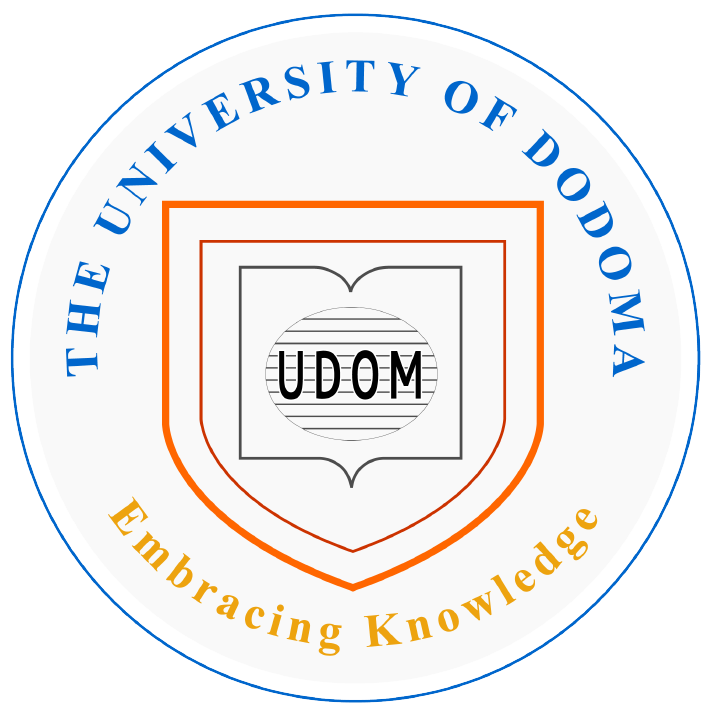Abstract
While Kiswahili poetry has been reported to be an intriguing genre, students claim to face challenges when studying it. This paper aims to assess the teaching and learning processes of Kiswahili poetry in Rwanda, focusing on its relevance to the social and cultural context. The paper has examined six crucial aspects of teaching and learning to achieve its objectives: comprehending poetry and its importance, the Kiswahili subject syllabus, the subject content, learning objectives, the actual process of teaching and learning, and the evaluation of teaching and learning. The study is grounded in the Contextual Learning Theory. The study, purposively, selected 6 secondary school teachers of Kiswahili who teach in language combinations and their corresponding students in Gasabo District. The findings indicate that the problem of context has not been, thoroughly, considered in the teaching and learning of Kiswahili poetry in Rwanda despite its clear impact on the process. Consequently, students face difficulties in fully grasping this crucial subject matter. Hence, the study proposes solutions on better integration of the teaching of Kiswahili poetry with the Rwandan context and, further, recommends teachers to prioritize the contextual aspects of Rwanda when teaching Kiswahili poetry.
